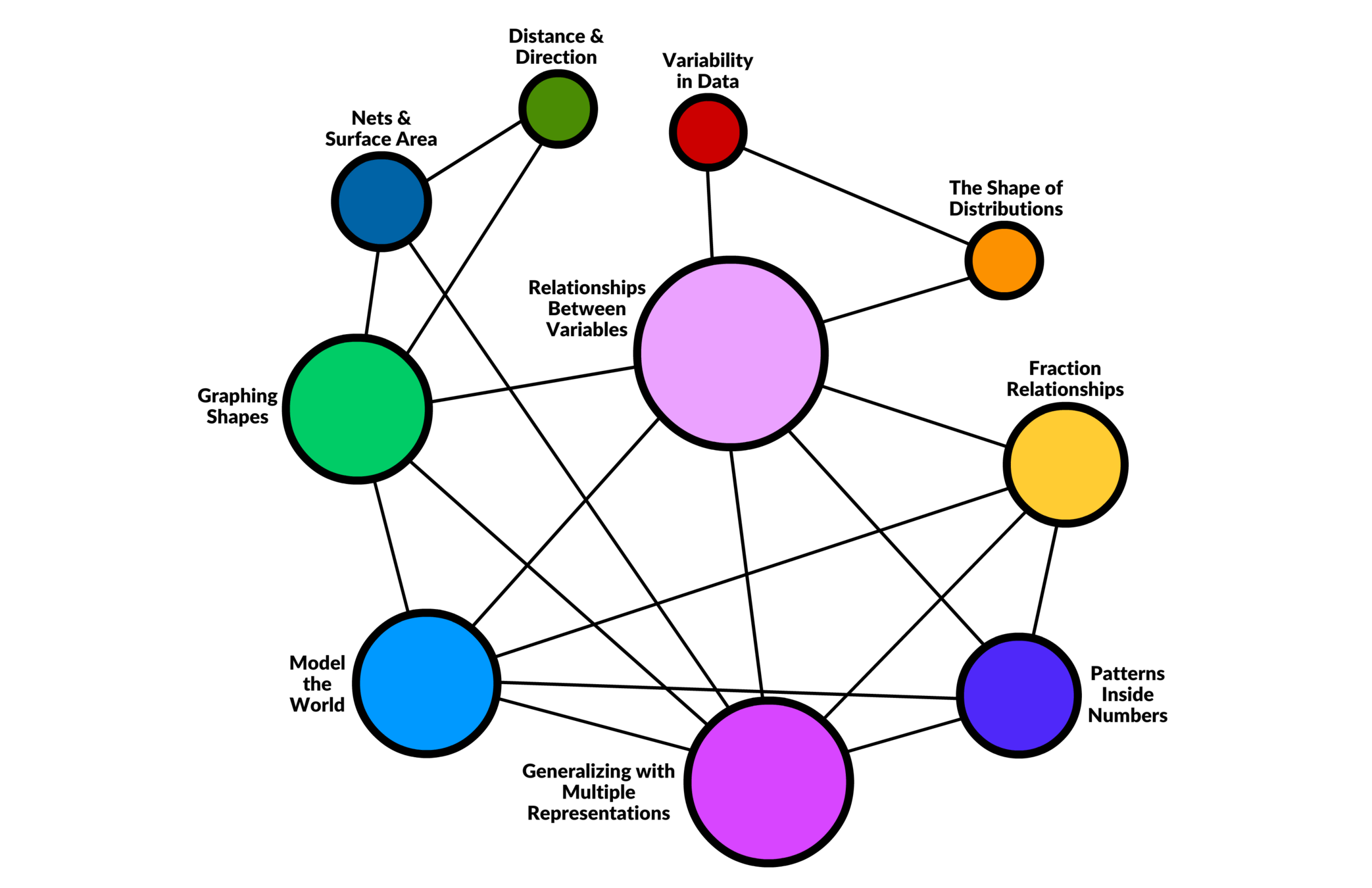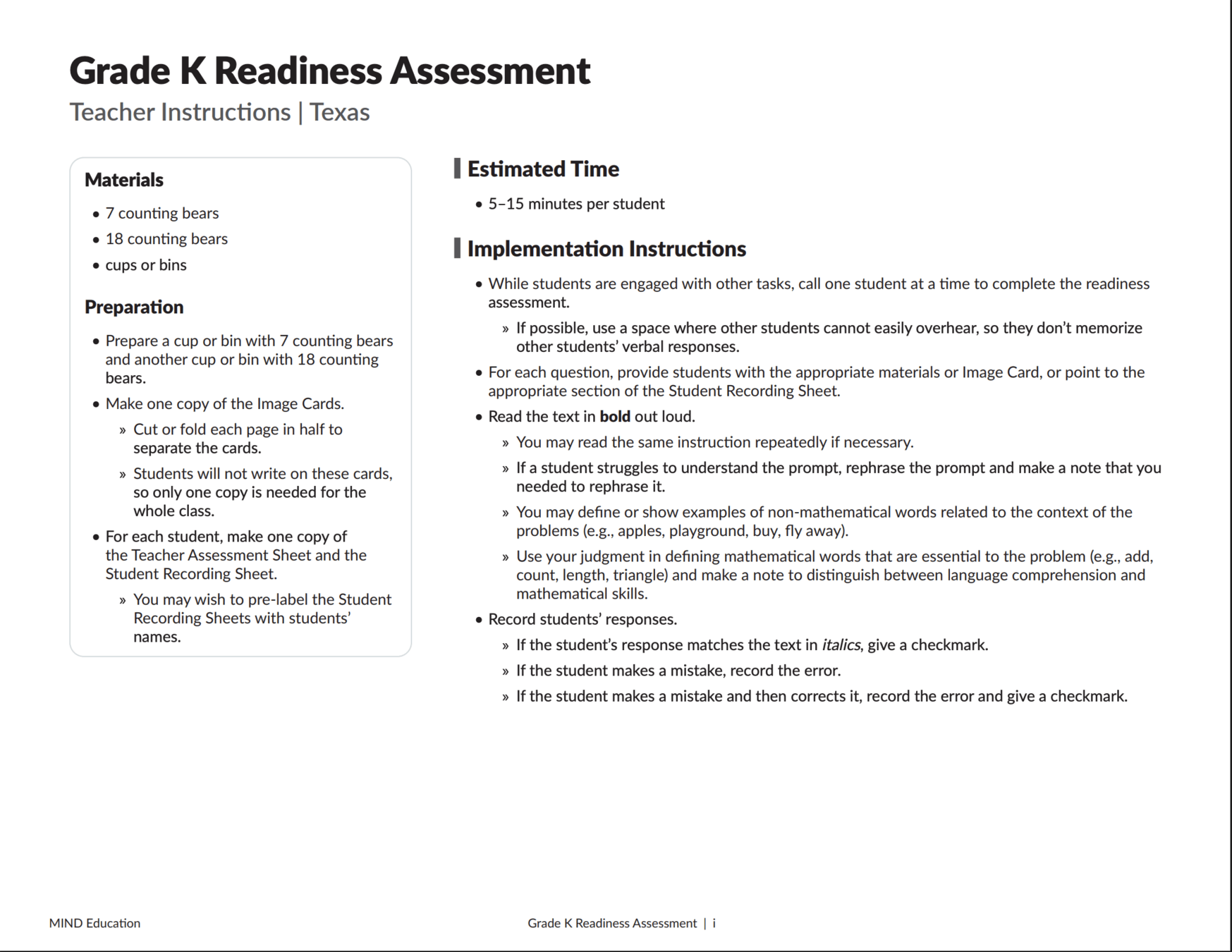

Five Components of Equitable and Engaging Teaching for All Students
-
planning around big ideas
-
using open and engaging tasks
-
teaching for social justice
-
inviting student questions and conjectures
-
prioritizing reasoning and justification



Program Design Principles
-
doing before discussing
-
access for all students
-
ease of use for teachers and students

Problems (tasks which students do not already have the tools to solve) precede teaching of the focal mathematics necessitated by the problem.


Big Ideas
Problems (tasks which students do not already have the tools to solve) precede teaching of the focal mathematics necessitated by the problem.



Schema
Big Ideas

Problems (tasks which students do not already have the tools to solve) precede teaching of the focal mathematics necessitated by the problem.












Students are
-
doers
(applying, observing, analyzing) -
knowers
(learning, understanding, revising) -
sense makers
(connecting, extending, reinforcing)
Identity and Agency





Develop and connect big ideas
Perception-action cycle
Problem-solving process
Grounded in Neuroscience

Interactive Platform




Intuitive & Visual Navigation




Consistent Design Within Grade Levels

What will you receive?

Evaluation Tools

Content Standards and Alignments
Criterion 1



Program Organization
Criterion 2


Progressions Across and Within Grades


Problem-Solving Process















Assessment
Criterion 3





Access and Equity
Criterion 4












Collaborate Language Tool
Instructional Planning and Support
Criterion 5


Five Components of Equitable and Engaging Teaching for All Students
-
planning around big ideas
-
using open and engaging tasks
-
teaching for social justice
-
inviting student questions and conjectures
-
prioritizing reasoning and justification

To ensure that all students are mathematically equipped to solve the world's most challenging problems.
OUR MISSION:

Opportunities



Free webinars and
podcasts on the Science of
Learning Math hosted by
MIND Education
Spring/Summer 2024
Try out
select InsightMath
lessons as part of a
field test program
Fall 2024
New upgraded Puzzle
Talks that are easily
accessible inside the
ST Math experience
Fall 2024
Opportunities for Your Educators




